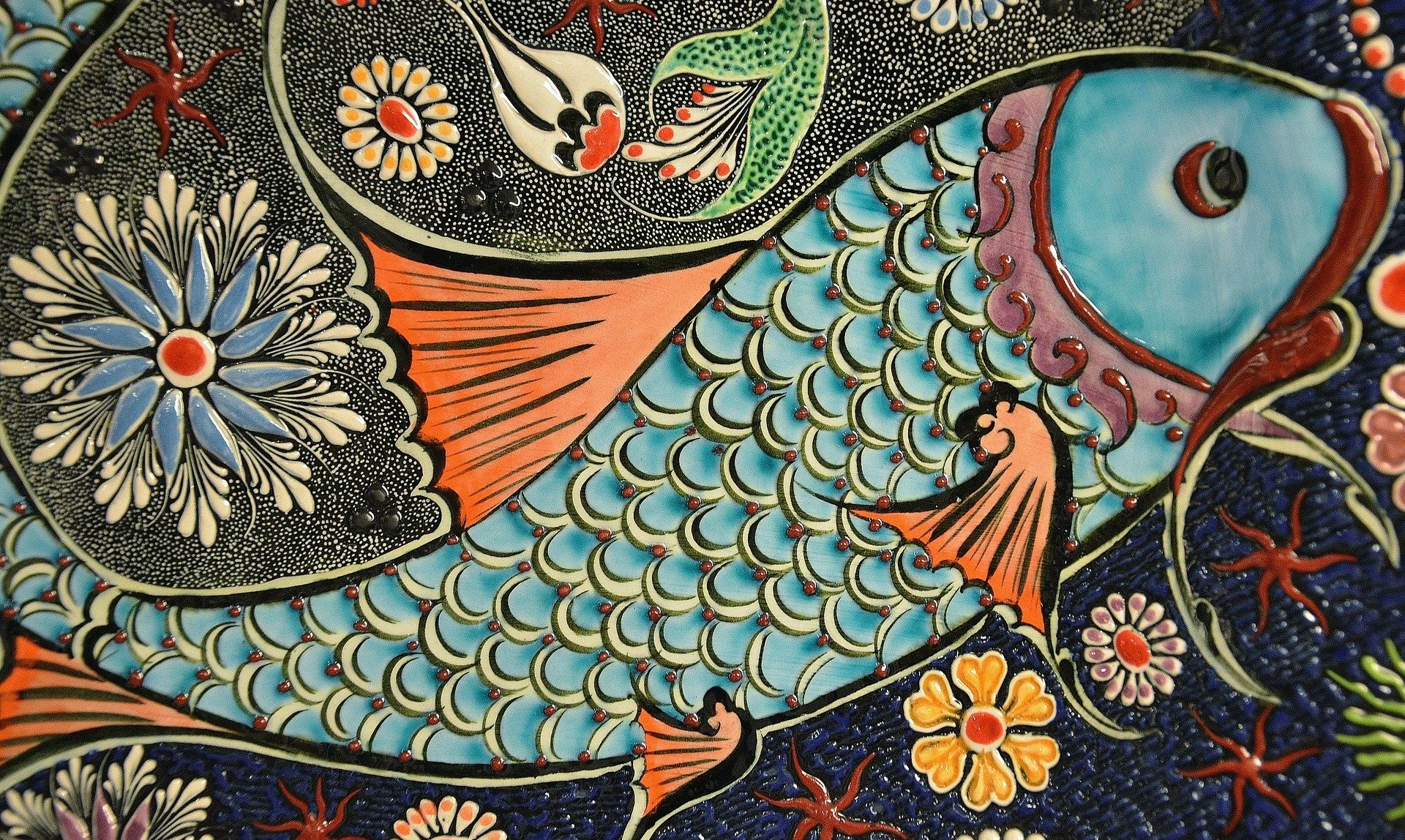Human-reality resembles the fate of Tantalus, the son of Zeus with the nymph Pluto in Greek Mythology. For stealing ambrosia and nectar and for his intension to reveal divine secrets, he was punished for eternity.
Over the pool fruit trees hung heavy laden with pears, pomegranates, rosy apples, sweet figs. Each time he stretched out his hand to grasp them the wind tossed them high away out of reach. Thus he stood forever, his undying throat always athirst, his hunger in the midst of plenty never satisfied. (Hamilton, Greek Mythology, 293)
In the same way, human beings also live in a trap of complete uncertainty. The tragedy of human beings is that for some visible or invisible reasons, they consciously or subconsciously dehumanize themselves.
Today, I would like talk about a novel titled The Virgin Fish of Babughat by Lokenath Bhattacharya. The story of the novel usually invites many interpretations but the narrator who is a prisoner in a nameless detention camp resembles the trapped life of human beings. A beast eats, grows, collects foods, does sex and thus, survives in the world. In a materialistic world, human beings are also entrapped with their own businesses like earning money, collecting foods, doing sex, taking bulky entertainments and leading their lives like beasts. They remain busy with the series of insignificant events of life and repeat the same activities every day. But a human being has intellectual faculties. He/ She can think and can create the opportunity of contributing to the civilization. Unfortunately, what happens in the world is that human beings become a part of the system of dehumanizing themselves consciously or subconsciously with the influence of a ‘force’. This ‘force’ may be social mechanism or anything but at one stage of life, everyone feels the urge of emancipation whether he/ she can attain it or not. The Virgin Fish of Babughat connects the absurd literature like Waiting for Godot which also deals with the ‘trap’ of human beings.
The idea of ‘freedom’ always includes a popular proverb: “Man was born free, and everywhere he is in chains” (Rousseau). At the very beginning of The Virgin Fish of Babughat, Aparesh, the protagonist of the novel laments:
You can, because you are not like me. You have books, not one or two, but five hundred or a thousand—you have a roomful of books –or if you don’t have books at home there is always a library nearby. You can go there. Why don’t you? You are a free man, you can walk. (The Virgin Fish of Babughat 7)
But can ‘a free man’ move freely? Amidst uncertainty, he is actually entrapped with habits. With the gradual advancement of technology, people are getting deceived with new forms of social mechanisms including social media. With the fast paced growth of life, people learn to be faster and subconsciously get tangled with earning money and ensuring physical comforts. This common trend of this material world actually doesn’t even allow human beings to go for ‘rethinking’ about themselves and their ‘happiness’ in the true sense of the term. But everyone feels an ‘urge’ of gaining freedom at least at one stage of life. In The Virgin Fish of Babughat, the urge of emancipation starts with ‘a murder’ which is actually ‘a protest’ against this mechanism of dehumanization:“Yes, Chandrima has murdered the child—her own new born son” (The Virgin Fish of Babughat 138). Chandrima, another important character of the novel murders her new born child not to assist the plan of the captors of multiplying the beast-like human beings. This murder actually pauses the possibility of their freedom but it provides the readers with a message: “True, there is no question of our release. Our enemies know we have understood their trick and are preparing our strategy for a counter move. And at least one of us has provided the leadership –our Chandrima” (The Virgin Fish of Babughat 138).
People consider certain facts to feel themselves ‘free’. Freedom of acceptance or rejection is one of those facts. But the problem is that it relies on one’s knowledge about what is certain. Nothing is ‘fact’ in this world; every truth is in the light of another ‘fact’. Albert Camus in The Myth of Sysiphus mentions such freedom as ‘absurd freedom’.

